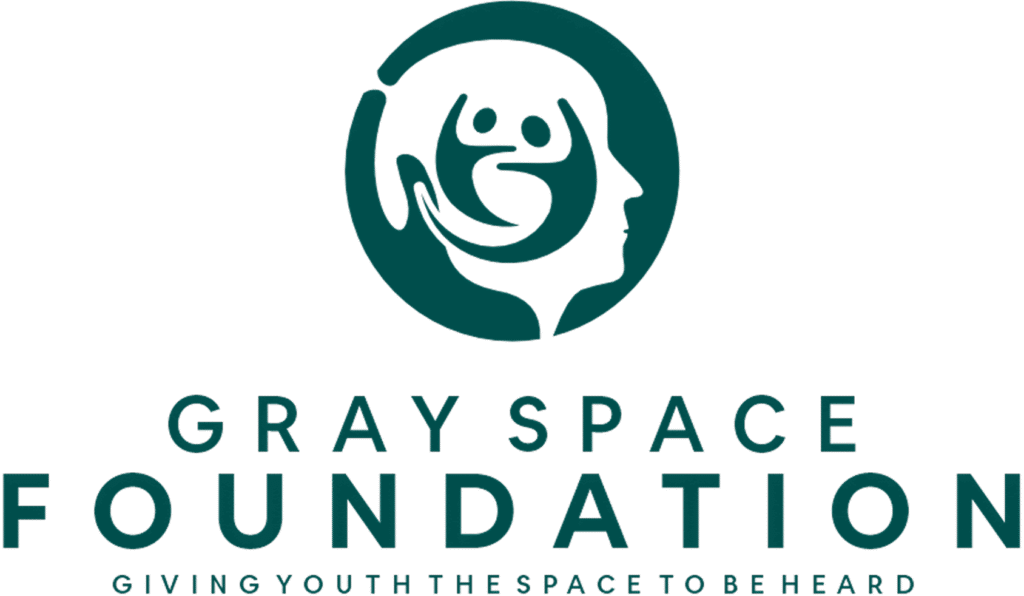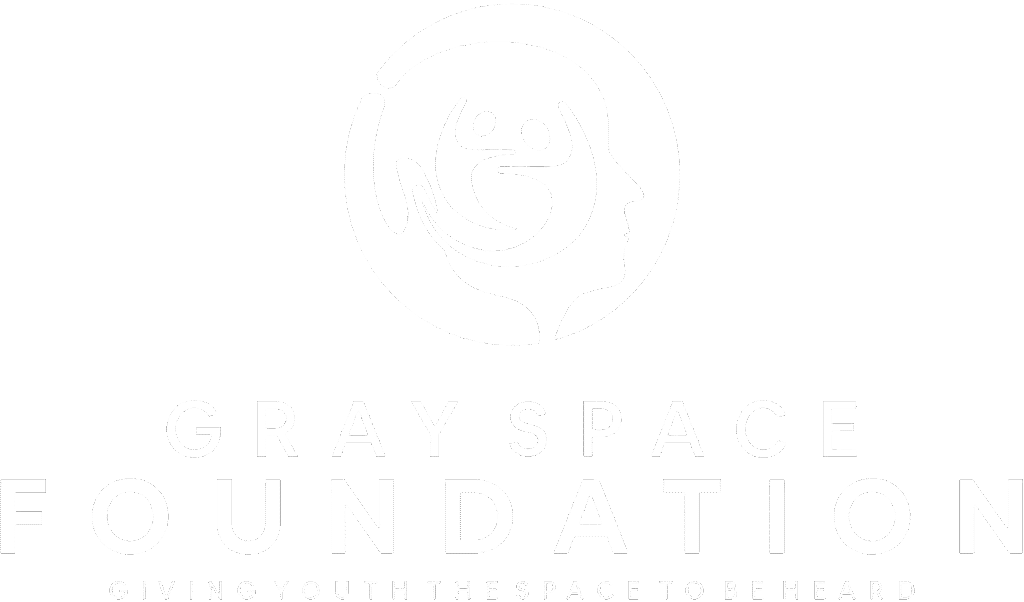About Us
Our Program
- GraySpace Network
- Youth Mentorship
- Basketball Program
- Unmasking Me Boys Basketball Summit
- Temper Tamed
- Mascot & Character Branding for Children
- Live Events & School Visits
- GraySpace Mental Health Global Summit
- Community Programmes
- Webinars & Workshops
- The Book Bus
- Lays Learning Lab
- Workforce Development
- Policy Advocacy
- All Programs


